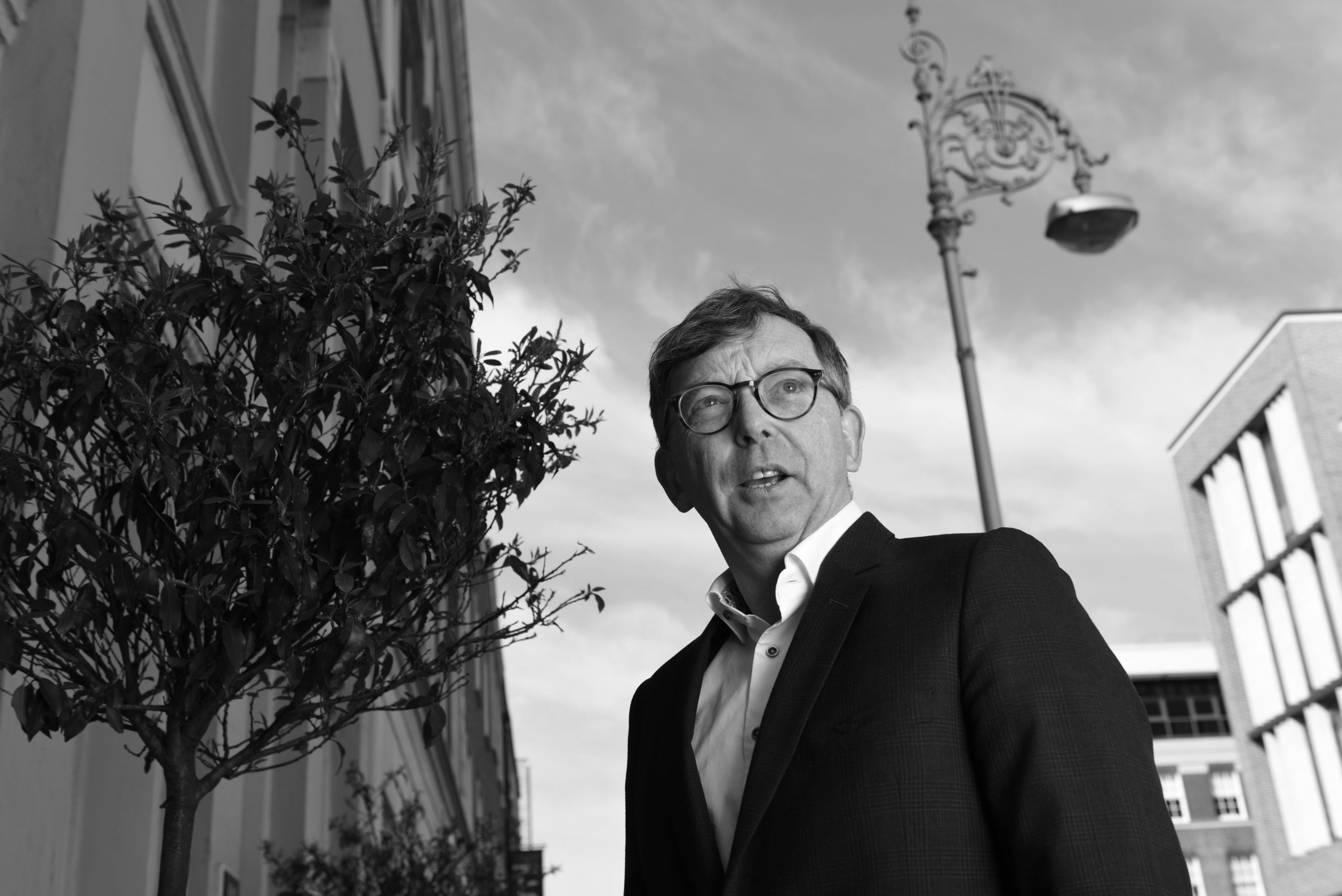Mere months after the troika arrived in Ireland, austerity programmes in tow, Alan Merriman set up his own business. Not many ventures were being established at the start of 2011, but Merriman could see something real, something tangible amid the chastening economic debris. Where others saw calamity, Merriman saw potential. There was still a wall of capital held by wealthy families and high net worth investors, and, in Ireland, there was a great investment opportunity. And to capitalise on his vision, he founded Elkstone, which has grown over the years into a multi-family office operating in wealth management, venture capital…
Cancel at any time. Are you already a member? Log in here.
Want to continue reading?
Join today and get full access to The Currency and The Wall Street Journal – TWO premium memberships for the price of one.

